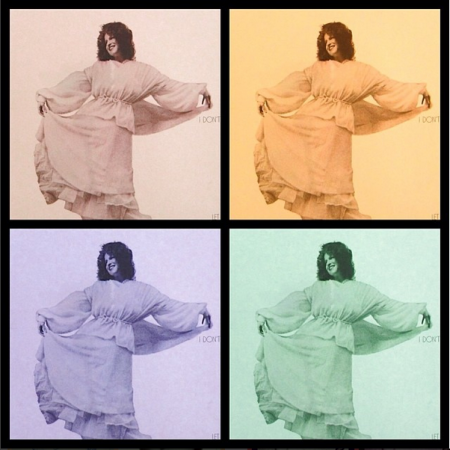Sandusky Sunday Register
February 13, 1994
Sure, a new compact disc runs $15-$16 and the trusty cassette goes for $11-$12. Seats to an average pop music concert rarely start below $20 or $25, and if you want to see Paul Simon or Bette Midler or want really good seats, you can double or triple that.
But what you should remember, say record companies and concert promoters, is they make very little money from many concerts and actually lose money on most records.
In other words, they say, you can’t understand the cost of music these days simply by looking at “The Bodyguard” (10 million copies) or Frank Sinatra’s “Duets” ($15 million worldwide profits) or a Billy Joel tour ($500,000 to $600,000 a night, even before scalping).
All this, companies and promoters argue, subsidizes less successful acts.
There is, however, another view.
“One word accounts for the price of music,” says Marc Eliot author of the book “Rockonomics.”
“Greed.”
On the matter of recorded music, he notes, the raw plastic for a CD costs 35 to 40 cents. Warner Bros., a major label, estimates the whole package, including inserts, box, etc., costs $1.80.
For a CD that retails at $15, Warners’ price to distributors is $10-$11 – from which, says Warners, the distributor gets 14 percent.
The rest roughly breaks down, says Warners, to 40 percent for recording costs and royalties, 30 percent for manufacturing, and the rest fdr overhead and promotion – like videos, at $250,000 and up.
Since it usually costs at least $500,000 to sign an artist and get out a record, major labels say, 80 percent to 90 percent of each year’s several thousand releases loses money.
Eliot says it isn’t that simple. He notes, for instance, that recording costs are charged back to the artist. Still, he agrees new releases can be risky, which is why reissues – which cost nothing to record and little to produce – are everywhere.
Some 40 percent of “new” releases last year were reissues, and without them, the industry’s glowing $8 billion sales figure would be far dimmer.
Overall, however, the industry seems confident consumers have accepted a $15-$16 price for top CDs – in contrast to Britain, where complaints about CD prices sparked a government probe.
“Technology costs less as it evolves,” says Eliot. “But instead of the price of CDs coming down, the industry has used them to boost the price of cassettes.”
So the price of CDs is likely to creep up – in contrast to concerts, where ticket prices, at least for good seats, seem likely to keep roaring skyward.







